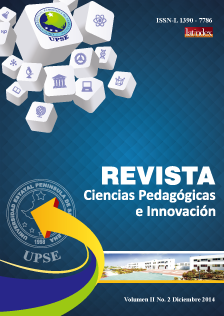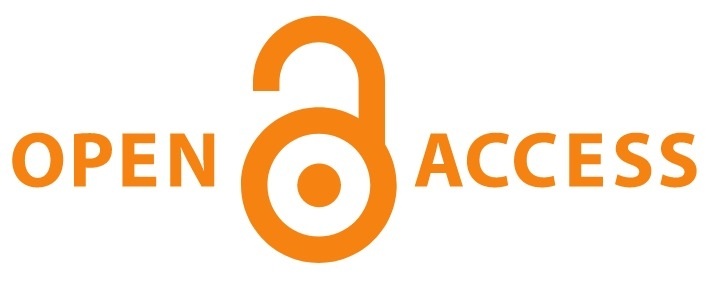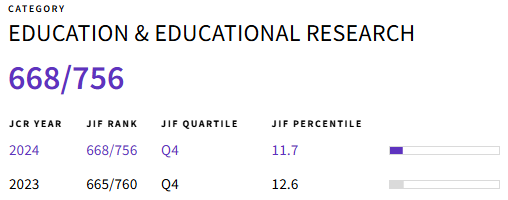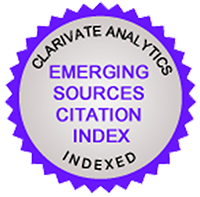Epistemological horizons that guide the curriculum of the race sciences basic education UPSE. proposal.
DOI:
https://doi.org/10.26423/rcpi.v2i2.59Keywords:
epistemological horizons, curriculum, basic educationAbstract
This article is an analysis and discussion of the epistemological horizons, the current science trends in the digital age of the twenty-first century, intended to theoretically substantiate the curriculum of the School of Basic Education Science at Peninsula of Santa Elena State University. These epistemological horizons are related to Von Bertalanffy’s General Systems Theory, Edgar Morin’s Complexity Thinking, DeSousa’s Ecology of Knowledge, Social Pedagogy, Paulo Freire’s Critical Pdagogy, George Siemens’s Connectivism, Cobo and Moravec’s Invisible Learning, and the Neuro Learning theories. These reflections are part of the guidelines provided by the Higher Education Council (CES). They are linked to learners (students and teachers), contexts, scenarios or environments, and knowledge and knowing. The curriculum developed will respond to the relevance of Ecuadorian society, to the development of competencies and practical thinking skills, but especially the interrelationship between theory and practice of teaching in the training of future teachers.
Downloads
References
Larrea, E. El currículo de la educación superior desde la complejidad sistémica. (2014)
Pérez, A. Aprender a educar, nuevos desafíos para la formación de docentes. ISSN 0213- 8646 • Revista Interuniversitaria de Formación del Profesorado, 68 (24,2) (2010), 37-60- Pérez, A. (2013). Educarse en la era digital, Madrid: Morata (2010).
Arboleda, N. Tecnología educativa y diseño instruccional, Curso básico aplicado a la educación formal y no formal, presencial y a distancia, Bogotá: Interconed editores. (1996).
Ibáñez, E. Las teorías del caos, la complejidad y los sistemas, Impactos educativos y aplicaciones en ciencias sociales. Rosario, Argentina: HomoSapiens. (2008).
Morín, E. Los siete saberes necesarios para la educación del futuro, Francia: Unesco. (1999).
Catalán, J (2008). BOAVENTURA DE SOUSA SANTOS El ineludible compromiso de la razón postmoderna, Revista Realidad 116. (2008).
Ramírez, B “La pedagogía crítica. Una manera ética de generar procesos educativos” revista, Segundo semestre Nov.2008.
Cobo, C. y Moravec, J. Aprendizaje Invisible. Hacia una Nueva Ecología de la Educación. ISBN de la edición en papel: 978-84-475-3518-7. España. (2011)
Campos, A. Neuroeducación: Uniendo Las Neurociencias y la Educación en la Búsqueda del Desarrollo Humano Revista Digital la Educación. Organización de los Estados Americanos. N°143. (2010)
Downloads
Published
Issue
Section
License
El titular de los derechos de autor de la obra, otorga derechos de uso a los lectores mediante la licencia Creative Commons Atribución-NoComercial-CompartirIgual 4.0 Internacional. Esto permite el acceso gratuito inmediato a la obra y permite a cualquier usuario leer, descargar, copiar, distribuir, imprimir, buscar o vincular a los textos completos de los artículos, rastrearlos para su indexación, pasarlos como datos al software o usarlos para cualquier otro propósito legal.
Cuando la obra es aprobada y aceptada para su publicación, los autores conservan los derechos de autor sin restricciones, cediendo únicamente los derechos de reproducción, distribución para su explotación en formato de papel, así como en cualquier otro soporte magnético, óptico y digital.

















